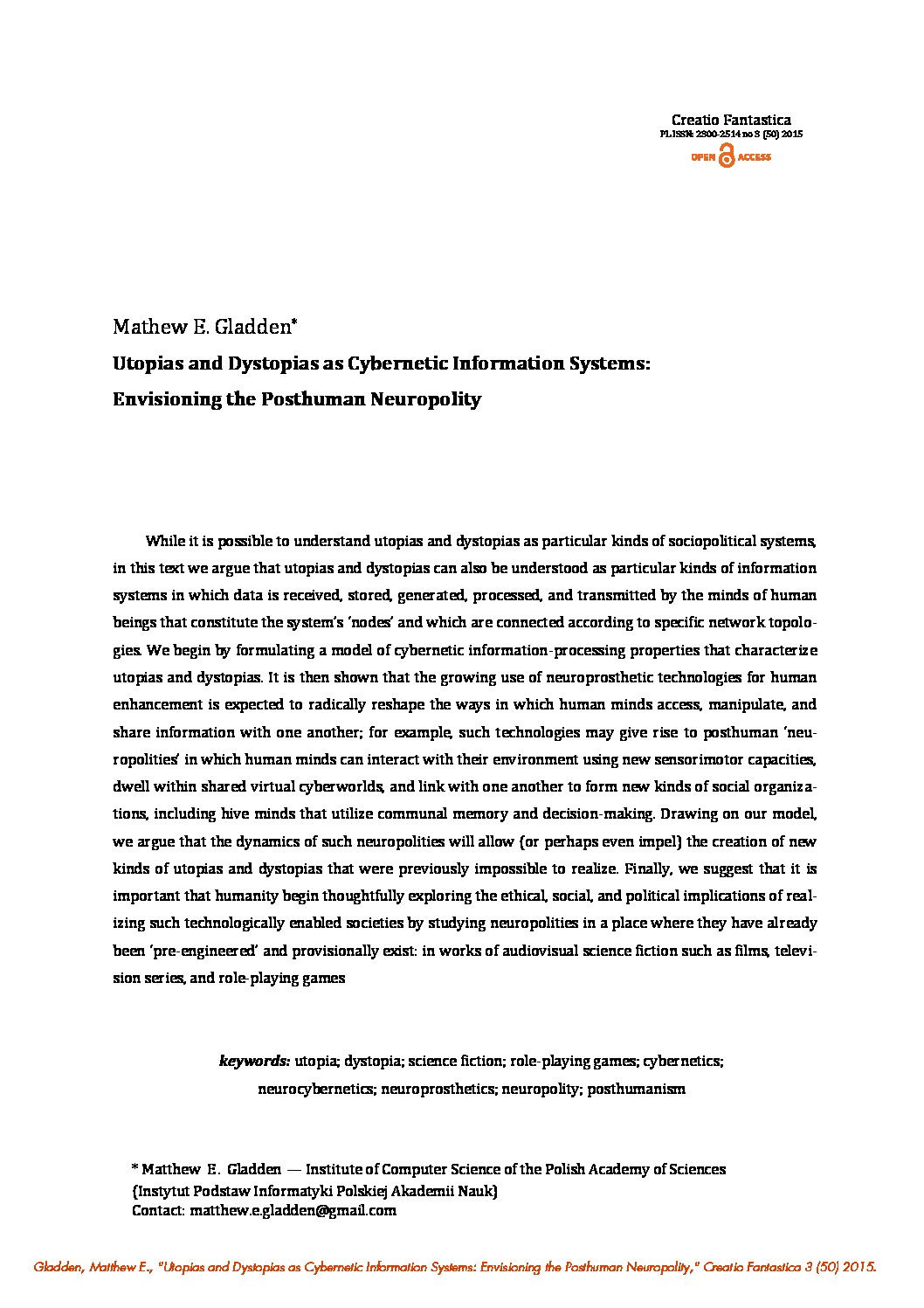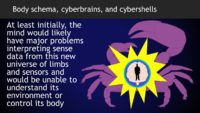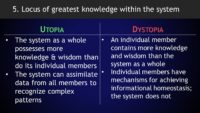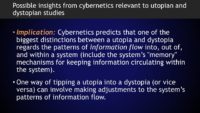Cryptocurrency with a Conscience: Using Artificial Intelligence to Develop Money that Advances Human Ethical Values
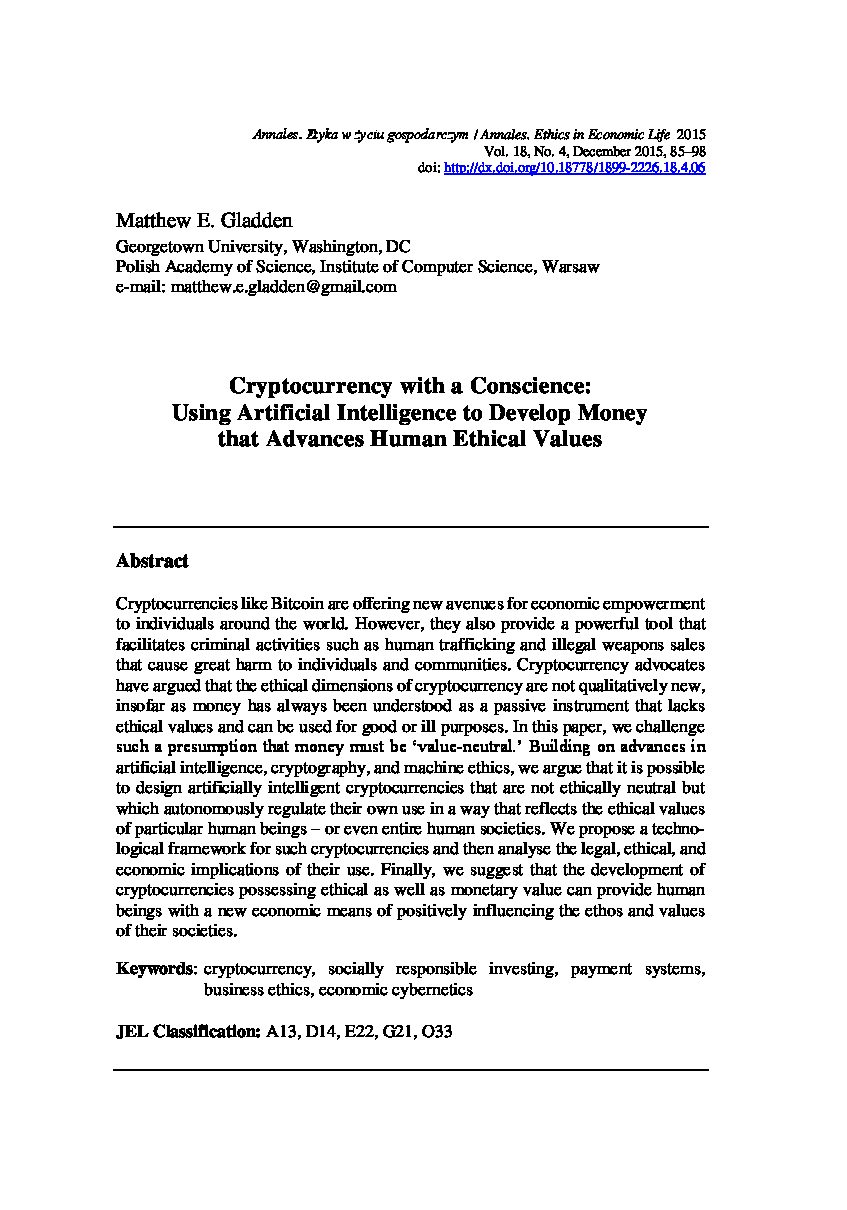
Annales. Etyka w Życiu Gospodarczym / Annales: Ethics in Economic Life 18, no. 4 (2015), pp. 85-98; MNiSW 2015 List B: 10 points
ABSTRACT: Cryptocurrencies like Bitcoin are offering new avenues for economic empowerment to individuals around the world. However, they also provide a powerful tool that facilitates criminal activities such as human trafficking and illegal weapons sales that cause great harm to individuals and communities. Cryptocurrency advocates have argued that the ethical dimensions of cryptocurrency are not qualitatively new, insofar as money has always been understood as a passive instrument that lacks ethical values and can be used for good or ill purposes. In this paper, we challenge such a presumption that money must be “value-neutral.” Building on advances in artificial intelligence, cryptography, and machine ethics, we argue that it is possible to design artificially intelligent cryptocurrencies that are not ethically neutral but which autonomously regulate their own use in a way that reflects the ethical values of particular human beings – or even entire human societies. We propose a technological framework for such cryptocurrencies and then analyze the legal, ethical, and economic implications of their use. Finally, we suggest that the development of cryptocurrencies possessing ethical as well as monetary value can provide human beings with a new economic means of positively influencing the ethos and values of their societies.
